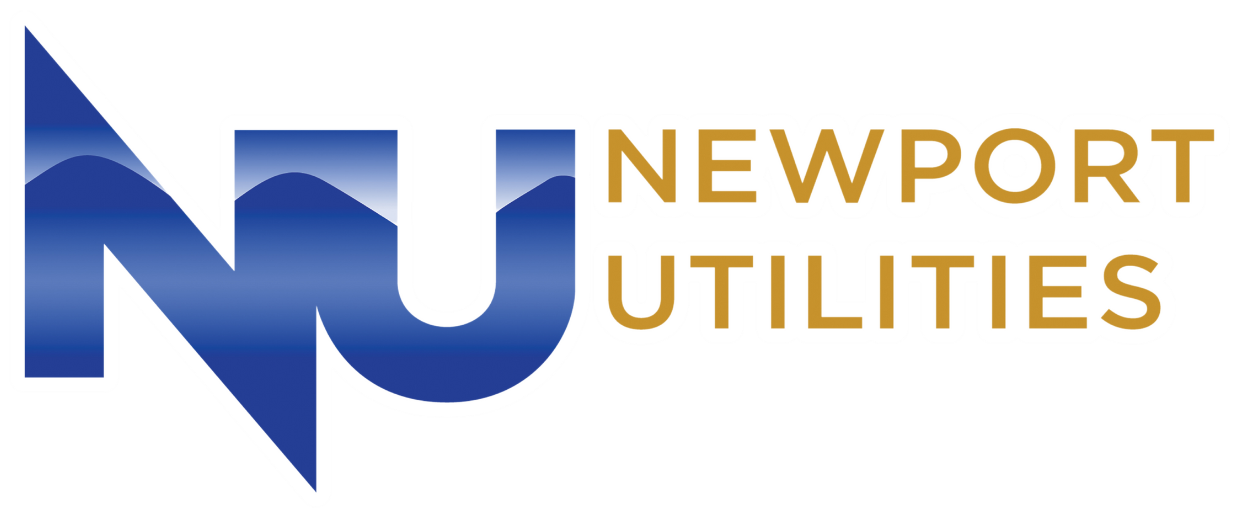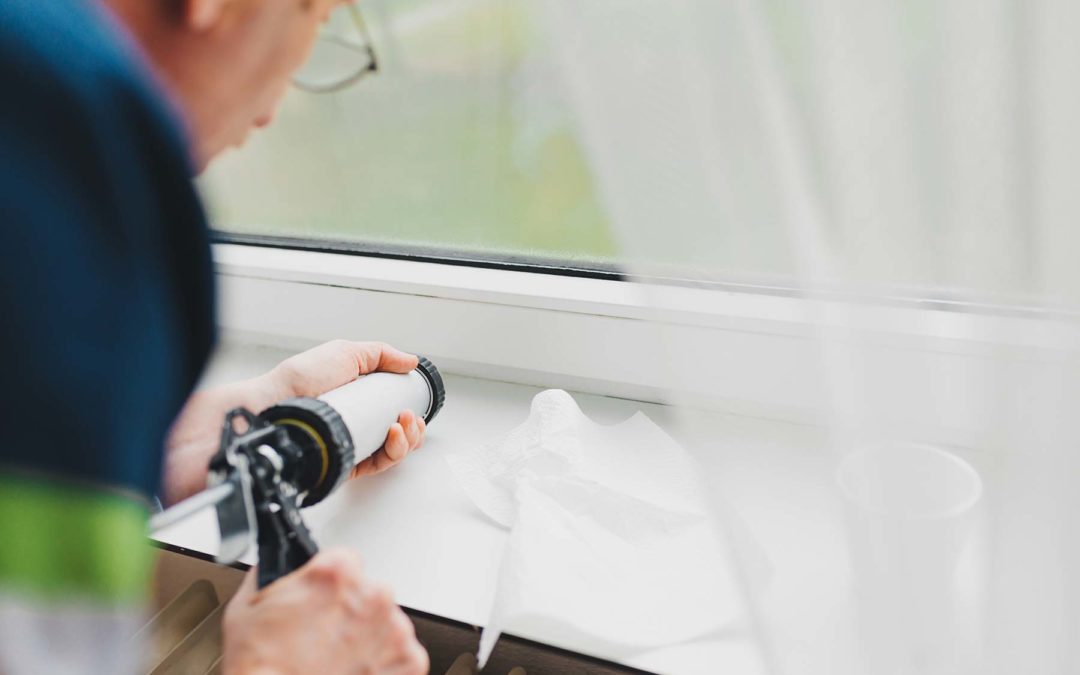As summer starts to heat up and temperatures rise, many of us are cranking up the air conditioners to stay cool. It should come as no surprise then that air conditioners use about 5 percent of all the electricity produced in the U.S., costing homeowners more than $29 billion a year in energy costs.
This summer, instead of blasting the air conditioner (and blowing your electricity bills through the roof), you can take simple actions that will help you beat the heat. For example, replacing a dirty, clogged air filter with a clean one can lower your air conditioner’s energy consumption by 5-15 percent, while using a ceiling fan will allow you to raise the thermostat setting about 4 degrees without impacting your comfort.
Here are a few tips to help you save energy during the spring and summer when the weather is warm and you are trying to keep your home cool
OPERATE YOUR THERMOSTAT EFFICIENTLY
- Set your thermostat as high as comfortably possible in the summer. The smaller the difference between the indoor and outdoor temperatures, the lower your overall cooling bill will be.
- Keep your house warmer than normal when you are away, and lower the thermostat setting to 78°F (26°C) only when you are at home and need cooling.
- Avoid setting your thermostat at a colder setting than normal when you turn on your air conditioner. It will not cool your home any faster and could result in excessive cooling and unnecessary expense.
USE FANS AND VENTILATION STRATEGIES TO COOL YOUR HOME
- If you use air conditioning, a ceiling fan will allow you to raise the thermostat setting about 4°F with no reduction in comfort.
- Turn off ceiling fans when you leave the room. Remember that fans cool people, not rooms, by creating a wind chill effect.
- When you shower or take a bath, use the bathroom fan to remove the heat and humidity from your home. Your laundry room might also benefit from spot ventilation. Make sure bathroom and kitchen fans are vented to the outside (not just to the attic).
KEEP YOUR COOLING SYSTEM RUNNING EFFICIENTLY
- Schedule regular maintenance for your cooling equipment.
- Avoid placing lamps or TV sets near your room air-conditioning thermostat. The thermostat senses heat from these appliances, which can cause the air conditioner to run longer than necessary.
- Vacuum registers regularly to remove any dust buildup. Ensure that furniture and other objects are not blocking the airflow through your registers.
DON’T HEAT YOUR HOME WITH APPLIANCES AND LIGHTING
- On hot days, avoid using the oven; cook on the stove, use a microwave oven, or grill outside.
- Install efficient lighting that runs cooler. Only about 10% to 15% of the electricity that incandescent lights consume results in light—the rest is turned into heat.
- Take advantage of daylight instead of artificial lighting, but avoid direct sunlight.
- Wash only full loads of dishes and clothes. Consider air drying both dishes and clothing.
- Take short showers instead of baths.
- Minimize activities that generate a lot of heat, such as running a computer, burning open flames, running a dishwasher, and using hot devices such as curling irons or hair dryers. Even stereos and televisions will add some heat to your home.
KEEP HOT AIR FROM LEAKING INTO YOUR HOME
- Seal cracks and openings to prevent warm air from leaking into your home.
- Add caulk or weatherstripping to seal air leaks around leaky doors and windows.

